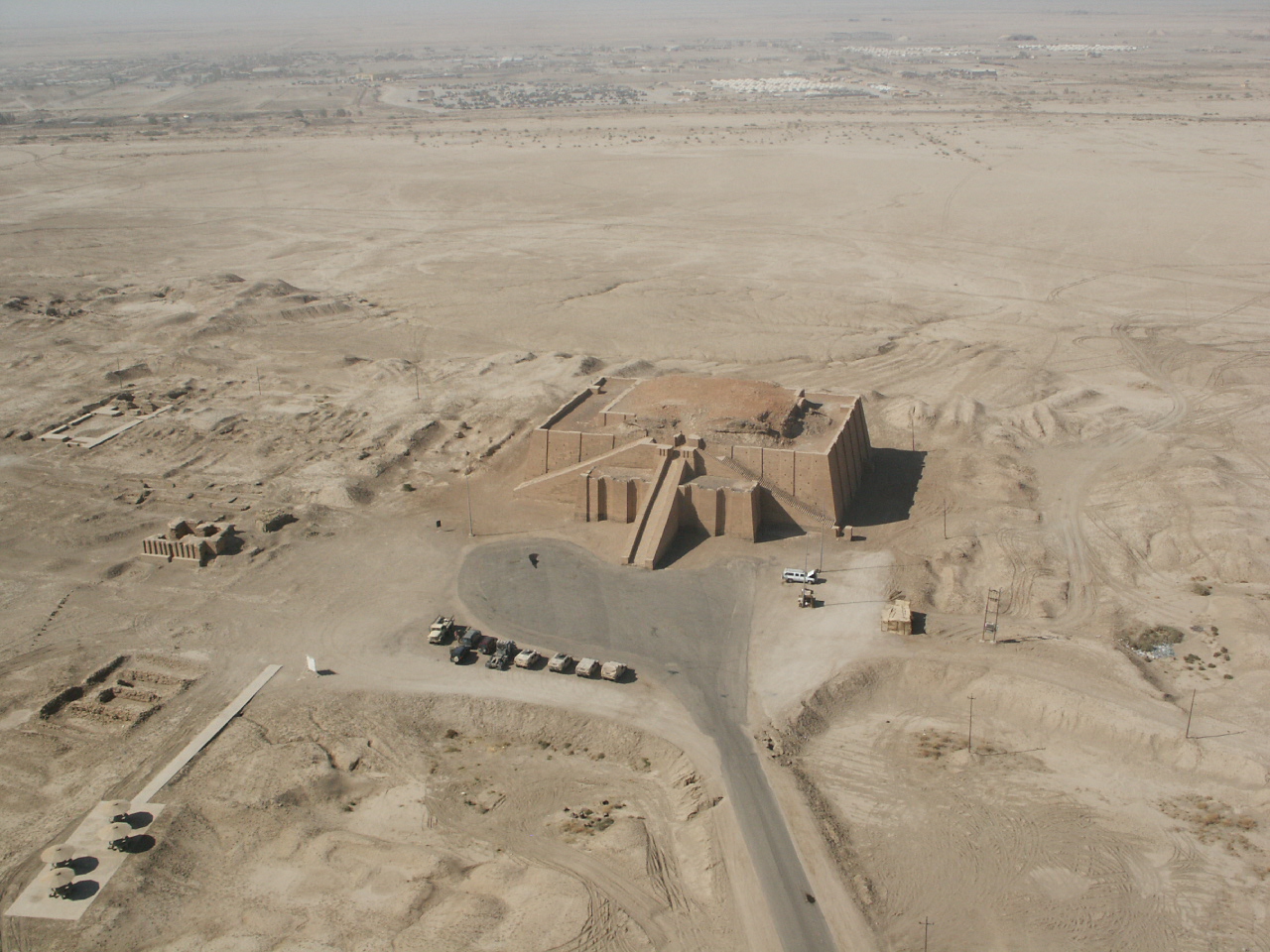[Added later:
Christian and Elbourne show that low rainfall predicts subsequent assassination of Roman emperors - low rainfall leads to starving troops leads to dissatisfaction with current ruler. If rainfall is related to stability and democracy requires stability, then this could be consistent with the findings below.]
Recently Haber and Menaldo at Stanford and UW respectively published their
rainfall theory of democracy. Rainfall and its impact on agriculture would seem to have an even greater impact on the history of the late neolithic in the formation of the first states. Large political structures have a tendency to first emerge in agriculturally marginal environments. The Nile at the edge of the Sahara (more savanna-like than desert like then); the Fertile Crescent; Cusco, at over 3,000 m in the Andes; and Tenochtitlan, on a lake in central Mexico - all are places where agriculture is very difficult without a fairly complex system of irrigation. Such systems are difficult to originate and maintain without some kind of central political structure to coordinate and maintain them. In addition dry climates allow for agricultural products to be stored for long periods. In fact in at least some places, storage predated agriculture, and was being done in the Middle East at least
11,000 years ago.
All this is to say is it's not necessarily the productiveness of land that predisposes strong centralized states to appear. In fact it seems that the key is
marginal productivity which demands agricultural engineering, because a strong centralized state can more easily
control agricultural production in such marginal environments. Once intensive agriculture is productive, the populations of those political centers grow, become wealthier, and raise armies, and any surrounding people either form their own states to resist the expansion or are absorbed, or once the empire contracts they're left with residual political structures. That is to say, once the initial political crystallization occurs, it spreads from the initial origins either by conquest or diffusion of ideas. (China is a real exception to this principle. The Mayans aren't a good exception because individual states never covered that much territory; some enemy cities could see each others' temples across the forest.)
If this model is predictive, then we would expect to see that people who are a) in rich physical environments and b) are insulated from trading with or being conquered by agricultural states, will not themselves develop strong, large centralized political structures, even if they themselves have agriculture.
The pre-contact cultures of the North American Pacific Northwest are striking for a) a rich material culture which took advantage of their physical environment and b) the absence of states or even proto-states despite this obvious sophistication. Visit the museums of any tribal nation in coastal Washington State - the
Makah at the extreme tip of the Olympic Peninsula are an excellent example. This part of the world is infamously wet, and has rich soil; it would be easy to grow food, if you wanted to, but the deer and the salmon and the cedar and the whales and the seals ensured there was no pressure to develop agriculture, and in fact Makah did not have it. In any event in such a climate it might have been easy to grow food, but not
store food. Consequently, it would have been very difficult for would-be states to control production. Any unhappy faction in old Makah villages could have just moved down the coast or two hills over, and the river there would be just as full of salmon, the forest just as full of deer, the cedar just as plentiful and the obsidian from the volcanoes just as available for making tools. With most wealth produced by nature, threats from kings would have little authority.

Waatch River, Makah Nation, Washington State, USA
(image credit Sam Beebe/Ecotrust)
This line of thought was initially inspired by the observed political gap between pre-contact Mesoamericans and the Pacific Northwest, despite the clear complexity of the latter's material culture. Other counterexamples include Amazonians (whose environment was rich but whose soil was not suited to agriculture). Perhaps a better example would be New Guinea, a highly non-marginal environment in terms of rainfall and plant life, and which did develop agriculture independently, but where again strong, expansive states failed to develop.
In 2010 true treatments of these kinds of questions should be quantitative, or explain why they're not. In every such model there are going to be strong biases (e.g., I obviously was impressed by the Makah!) that can be better accounted for by codifying your data numerically and using statistics to avoid cherry-picking. This also forces clear definitions; for example, to
measure cultural complexity in a consistent way, or measure how much contact there is between "insulated" cultures, or whether geography is a confounder (maybe New Guinea geography makes state-expansion difficult.) This is why the work of
Peter Turchin and others like him is critical if history is anything but a series of accidents and has retrodictable patterns that we can apply to the future.

